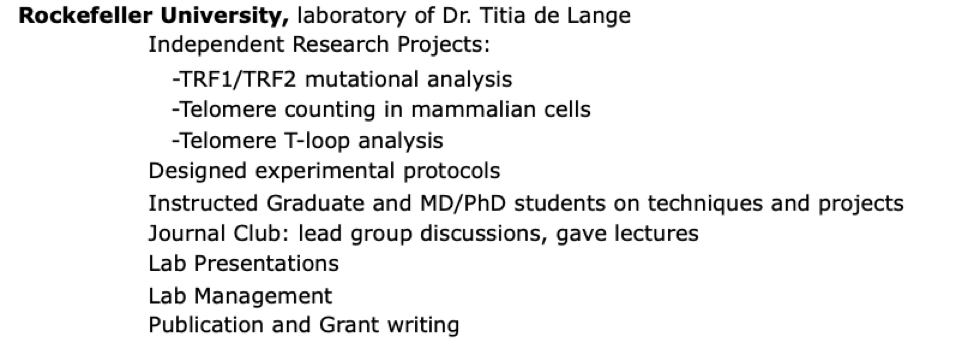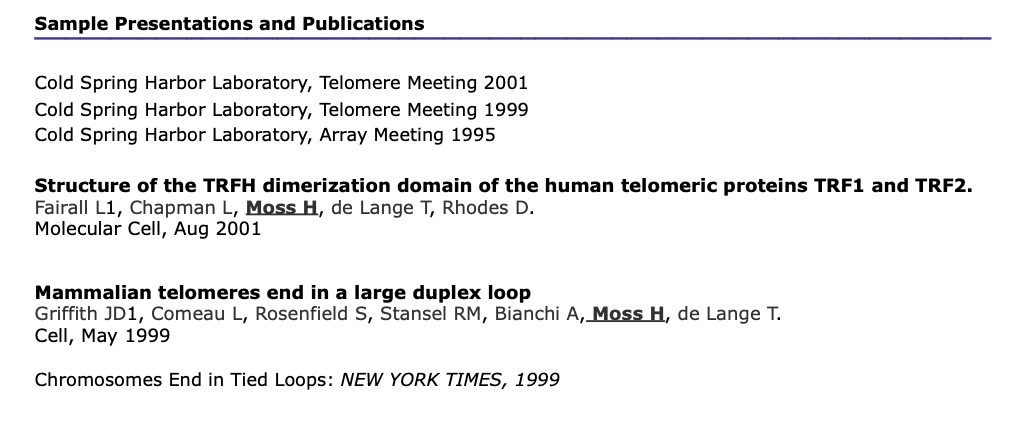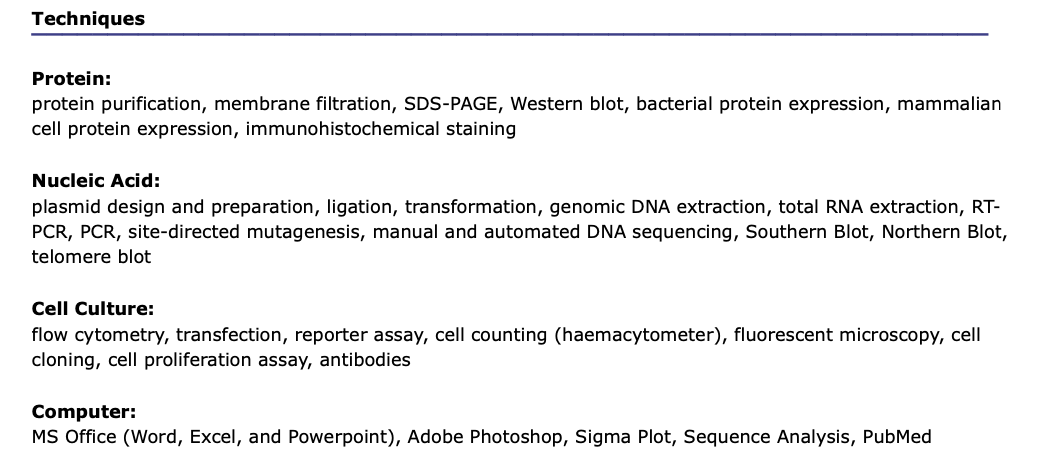To be honest, I was a scientist before I was a singer. We all are! If you have ever read the book The Scientist in the Crib you will know what I mean…Our brains are built for exploration (see also ‘seeker (;). That said, I was raised by a family of science-minded thinkers, and as the youngest of six, it was impossible to escape conversations that revolved around the eternal verities. But one discussion stands out: I will never forget the first time my older brother Eric (who, no surprise, became a professional scientist) drew me a cartoon of an antibody when I was in 8th grade…I was obsessed. This tiny thing I couldn’t see was capable of so much: recognizing a random protein sequence of a foreign invader and amplifying itself. It felt magical in its elegant simplicity. Eric made science fun. I credit him with inspiring curiosity without judgement nor boundaries—something that stayed with me throughout life.
After college, I spent most of my professional life in research labs: I first worked in a dermatology lab at Northwestern. Then, at U. Penn I did a stint in a steroid hormone receptor lab. When I returned to NYC, I spent almost two years at Cornell with immunologist Dr. Kendall Smith before landing at my scientific home-base of Rockefeller University where I spent over six years in the lab of Dr. Titia deLange. Scientific research was a true through line despite my parallel musical pursuits. But those years immersed in basic science gave me an unparalleled education in method, critical thinking, reading, and skills that are hard-won and deeply learned. My gratitude for that education knows no bounds. (I credit a lot of my expertise to Dr. Titia deLange who provided a magical environment for my scientific growth, including imprinting a love for long hours and an ability to not fear any paper (:).
Being both a musician and a scientist weren’t confusing ideas to me at the time:
I often say music and science are analogous disciplines, each requiring technical foundations rooted in creative overlay.
But as I grew older, the dual identities were challenging to parse out, and even harder to explain to those who were in one field or the other. People either knew me as the soprano or the scientist, but not both. That is still the case on many levels! My singer colleagues aren’t aware of the depth of my scientific experience, and when I go back to Rockefeller, the new lab members talk to me about science with no mention of singing.
I take my decades-long background in science very seriously and I firmly believe my unique, immersive experience gives me an unusual perspective which I bring to everything I do: from my vocal pedagogy, to my renewed love affair with neuroscience, I carefully parse out the fundamental truths (which do exist) to the more dynamic elements of scientific evolution (e.g. embracing paradigm shifts like T-loops), and the ability to sift through information and misinformation. No matter what, I am forever a scientist, and forever a seeker.














